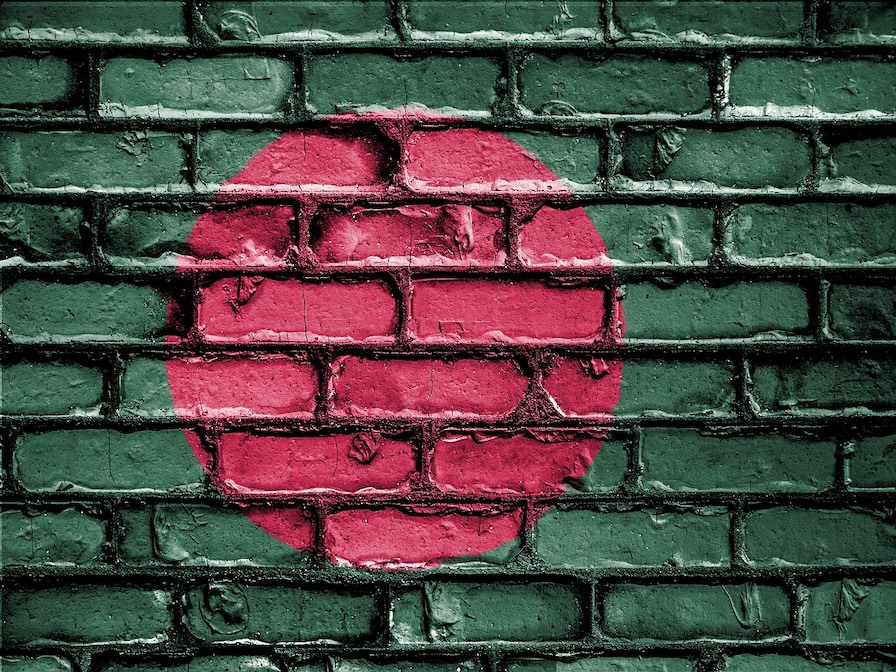Summary
Bangladesh has experienced significant political unrest and violence, with the following key events have taken place in the past 24 hrs:
- Violence and Clashes: The protests, initially driven by demands for electoral reforms and an end to the quota system for government jobs, have escalated into violent clashes between protesters and security forces. Over 80 people, including at least 13 police officers, have been reported killed in these confrontations. Authorities have imposed a curfew and restricted internet access in an attempt to control the situation.
- Prime Minister Resigns: Prime Minister Sheikh Hasina has resigned and reportedly fled the capital, Dhaka, amid the escalating violence. This development has intensified the political crisis, with opposition parties and protesters calling for the establishment of an interim government to oversee the next elections.
- General Waker-uz-Zaman assumes control: The military, led by General Waker-uz-Zaman, stepped in to restore order, imposing a curfew and restricting internet access. General Waker-uz-Zaman announced the military’s takeover in a press conference, emphasising the need to address the protesters’ demands and promising to stabilise the situation.
General Waker-Uz-Zaman & the role of the military
- A career military officer: General Waker-Uz-Zaman joined the Bangladesh Army, graduating from the Bangladesh Military Academy with distinction. Over his career, he has held numerous key positions, including commanding various infantry units and serving in critical staff roles.
- Positive public image: Although primarily focused on his military duties, General Waker-Uz-Zaman is perceived as a proponent of modernisation within the armed forces. His public statements emphasise a commitment to sovereignty, national security, and political stability.
- A history of military intervention: The Bangladeshi military has intervened in politics multiple times since the country’s independence in 1971, with periods of direct rule and influence over civilian governments. This history sets a precedent for military involvement during times of political crisis.
- A stabilising force: The military is often considered a stabilising force in Bangladesh, intervening during periods of political turmoil to restore order and ensure national security.
- Perception management: The military’s actions are closely watched by both the government and opposition parties, as well as international observers. Any perception of bias or overreach could undermine its legitimacy and lead to further complications.
What Next?
- Formation of an Interim Government: General Waker-uz-Zaman announced the establishment of an interim government. He stated that he would consult the president and engage with opposition parties and civil society to form this government, aiming to restore stability and address the demands of protesters.
- Engaging in Dialogue: The interim leadership has expressed its intention to engage in dialogue with various political factions and civil society groups. This step aims to address the underlying grievances that led to the protests, such as demands for electoral reforms and the removal of the controversial quota system in government jobs.
- Addressing Humanitarian Concerns: In response to the violence, the United Nations has called for the protection of human rights and the release of individuals detained during the protests. The military leadership has been urged to ensure the safety of citizens and uphold the principles of peaceful assembly and freedom of expression.
- Regional and International Relations: The crisis has implications for Bangladesh’s international relations, particularly with neighbouring India. The Indian government is closely monitoring the situation due to its strategic and economic ties with Bangladesh. Maintaining stability and preventing the escalation of anti-India sentiments are crucial for regional peace.
- Preparing for Elections: The ultimate goal of the interim government will be to organise and conduct credible elections. This involves reforming the electoral process to ensure transparency, facilitating an environment where all political parties can participate freely and restoring full internet access and normalising daily life to build public trust in the process.
